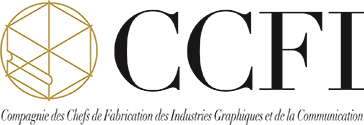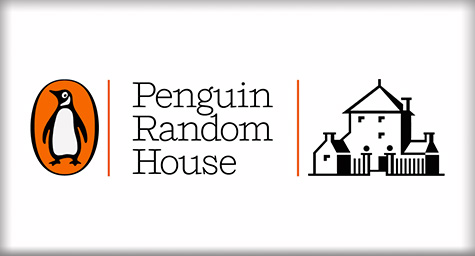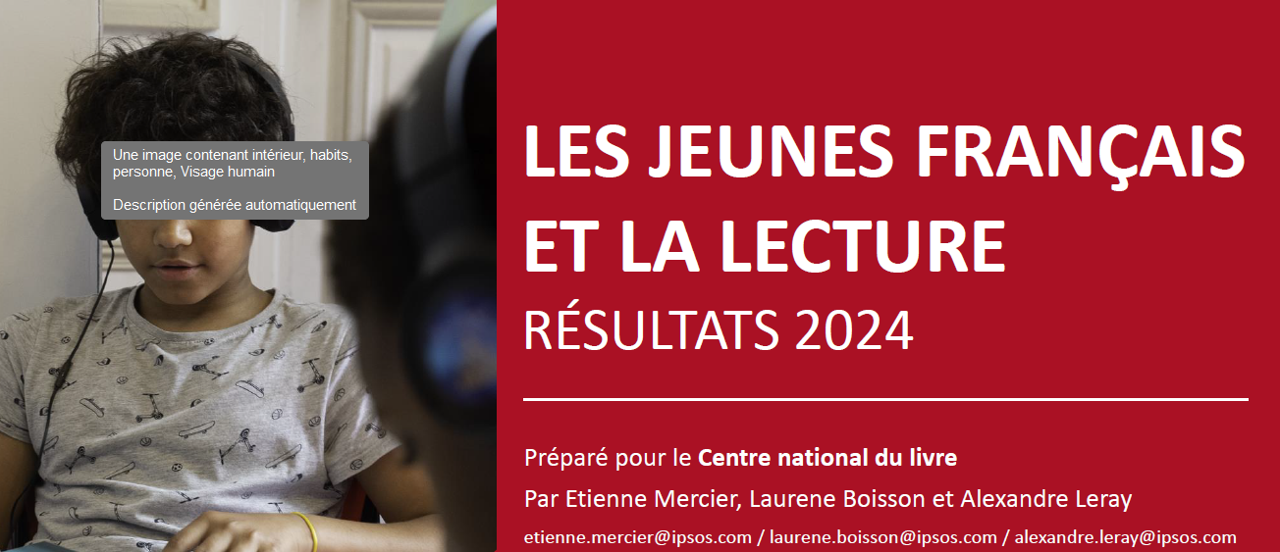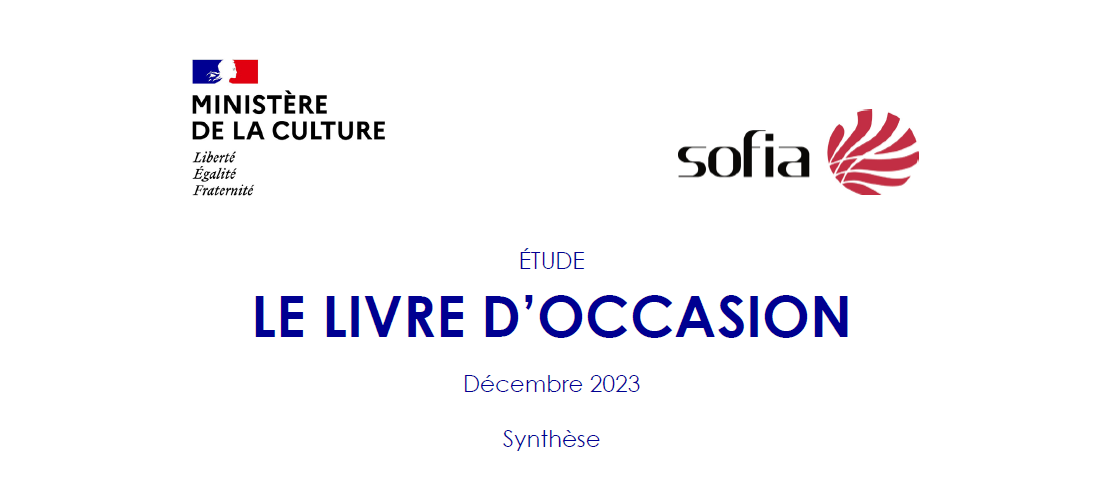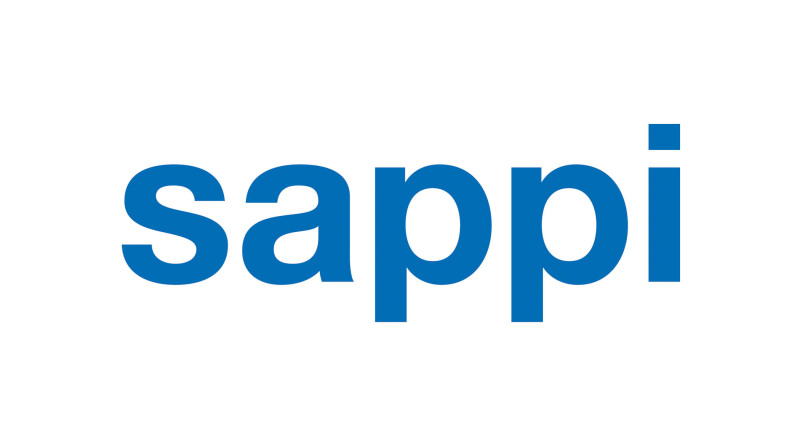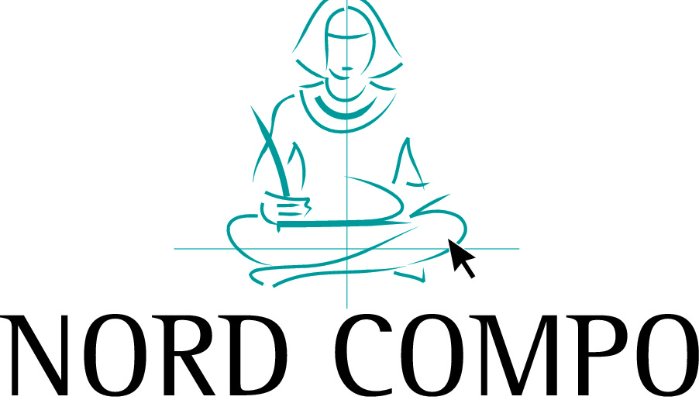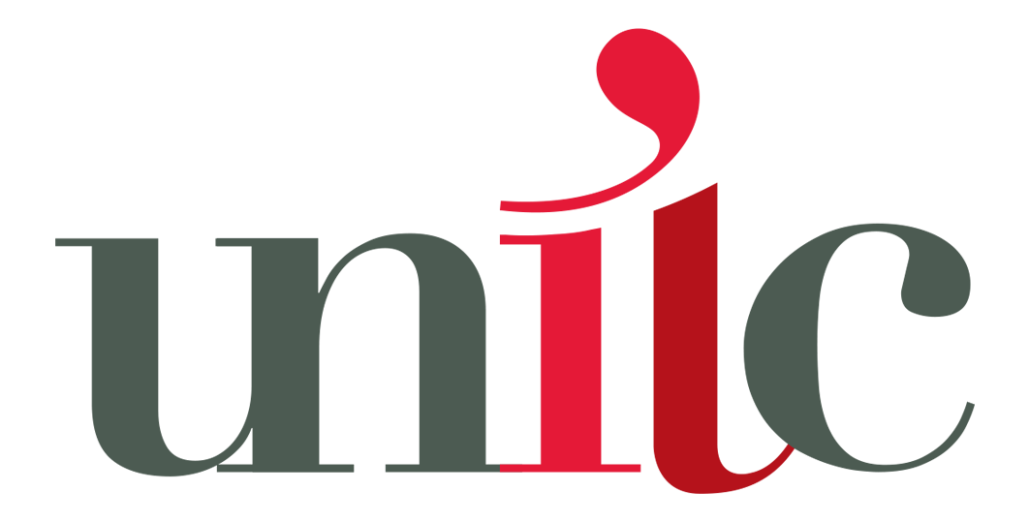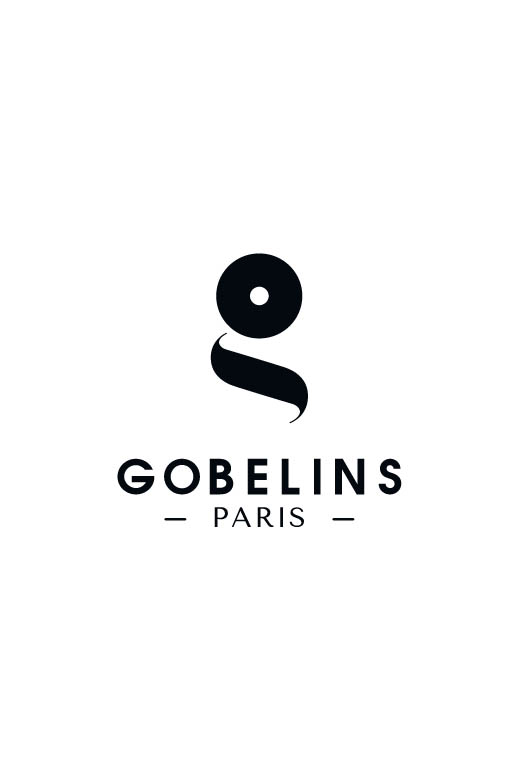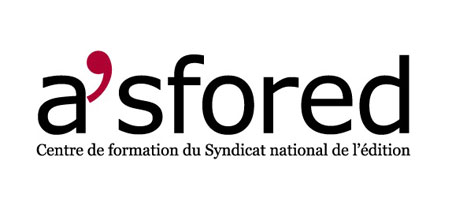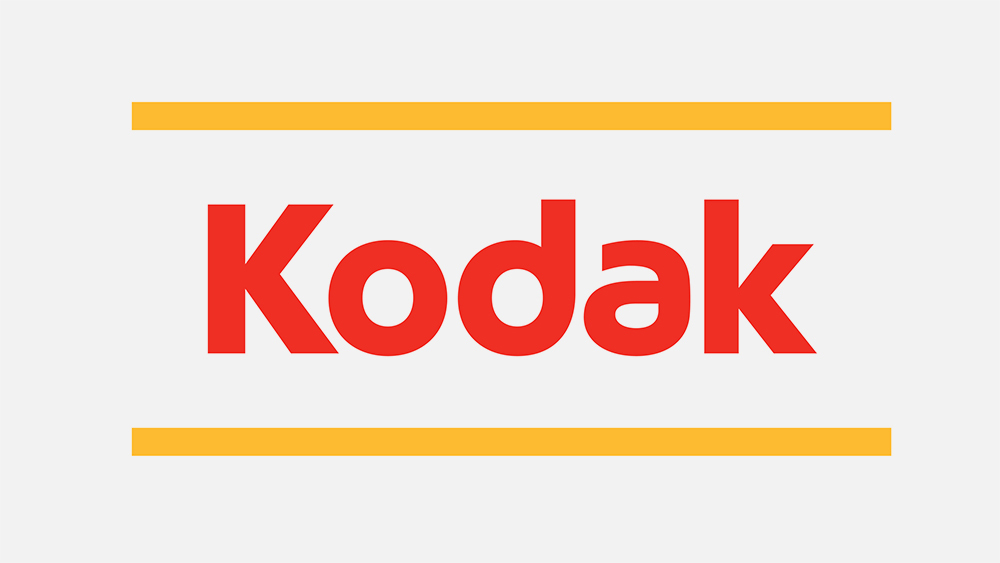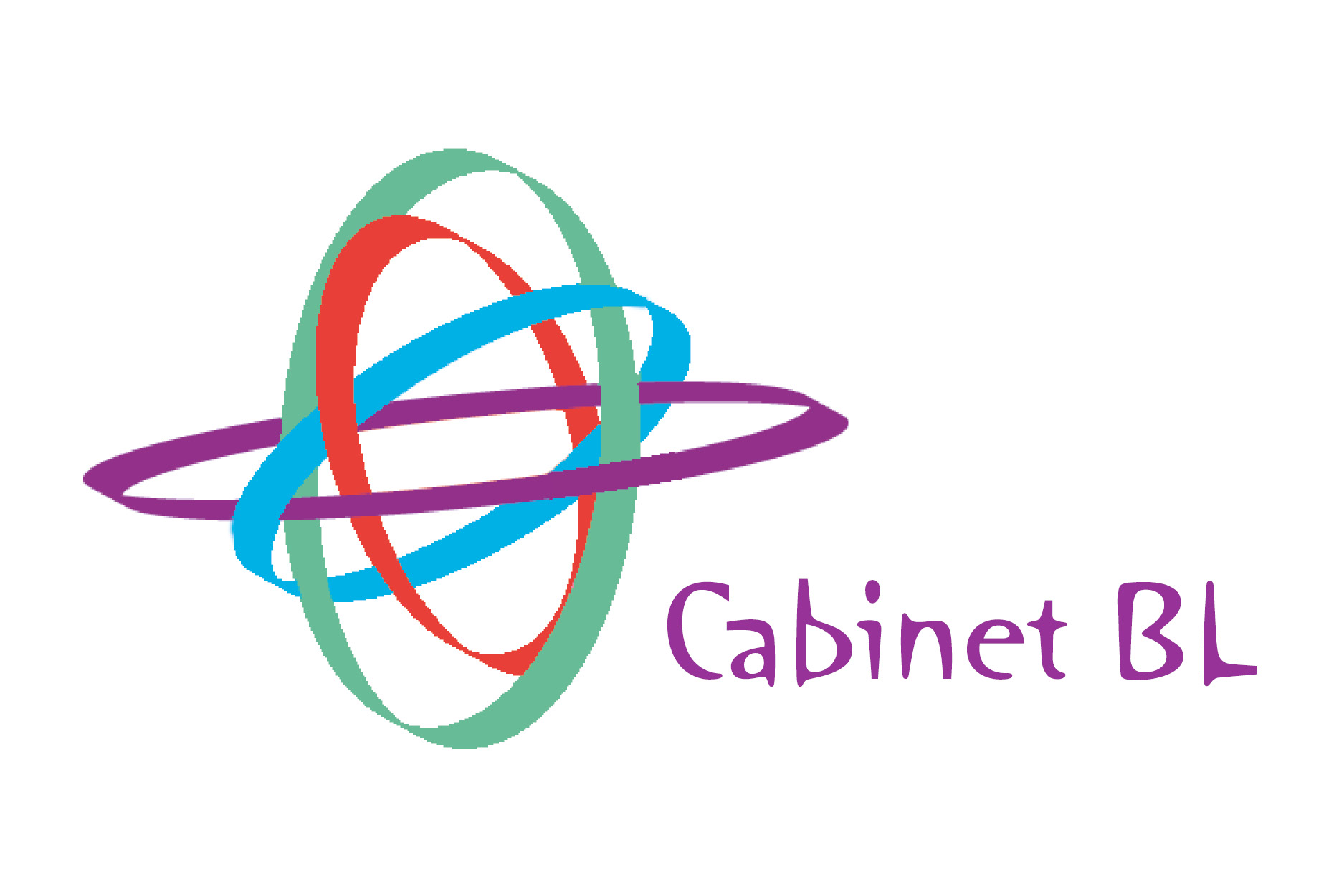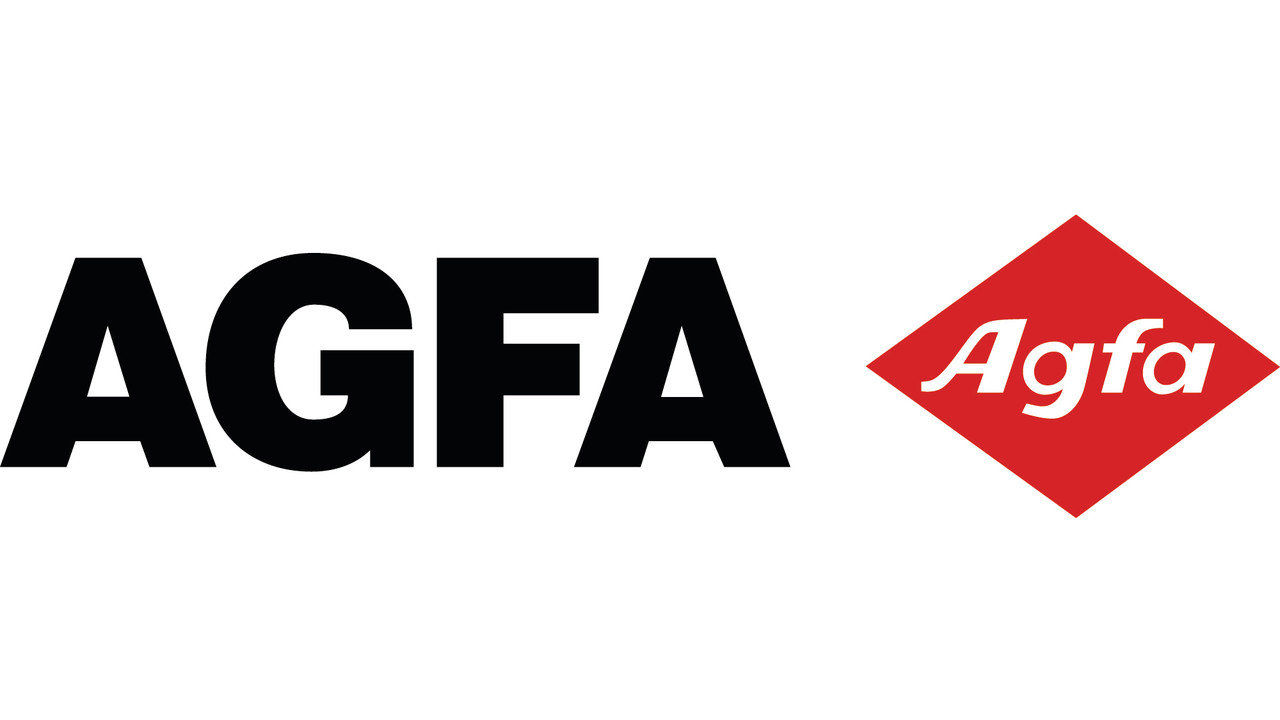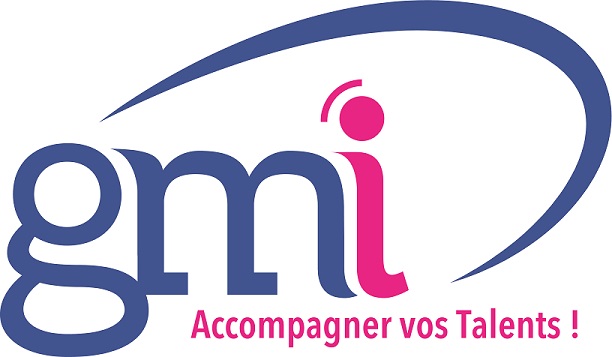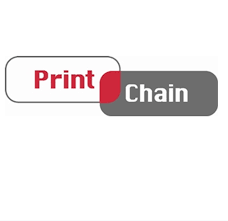Justice department argued the melding of the publishing house with Simon & Schuster would harm competition and authors’ pay
A US judge has blocked the $2.2bn planned merger of Penguin Random House, the world’s largest book publisher, with rival Simon & Schuster.
Judge Florence Pan of the US district court for the District of Columbia said in a brief order on Monday that she had found that the justice department had shown that the deal would “substantially” harm competition “in the market for the US publishing rights to anticipated top-selling books”.
Unlike most merger fights, which are focused on what consumers pay, this one focused on authors’ earnings. The US government argued that fewer publishing houses being in competition with each other would lead to lower advances for authors across the board, but focused on a small part of the market: bestselling writers who were paid $250,000 or more.
The government identified bestselling titles that were the subject of bidding wars between PRH and Simon & Schuster, and argued that the competition had driven up what the author was paid.
The largest five publishers control 90% of the market. A combined PRH and Simon & Schuster would control 49% of the market for blockbuster books, while its nearest competitors would be less than half its size.
Executives from PRH and Simon & Schuster argued that bidding wars between the two companies were infrequent, and claimed that the merger would actually benefit writer pay, because it would lead to savings and allow them to spend more on books.
PRH writers include cookbook author Ina Garten and novelists Zadie Smith and Danielle Steele while Simon & Schuster publishes Stephen King, Jennifer Weiner and Hillary Clinton, among others.
The news is a major victory for the Biden administration which has attempted to toughen its antitrust enforcement. The justice department argued the merger would “exert outsized influence over which books are published in the United States and how much authors are paid for their work”.
Penguin Random House lawyer Daniel Petrocelli, who defeated the government in a previous merger challenge, argued during the trial that the deal would have “enormous benefits” for readers and authors alike since the imprints, or brands, owned by the two giants would continue to compete against each other.
King, author of numerous best-sellers including It, The Stand and The Shining, was among a number of top-selling authors and agents who testified during the three-week trial. He took issue with arguments that the merger would deliver “enormous benefits”.
“You might as well say you’re going to have a husband and wife bidding against each other for the same house. It’s kind of ridiculous,” King told the court. “Consolidation is bad for competition.”
On Monday, King told the New York Times that he was “delighted with the outcome.”
“Further consolidation would have caused slow but steady damage to writers, readers, independent booksellers, and small publishing companies,” he said. “Publishing should be more focused on cultural growth and literary achievement and less on corporate balance sheets.”
Penguin is owned by German media group Bertelsmann while Paramount Global owns Simon & Schuster.
In a statement, Penguin Random House called the decision “an unfortunate setback for readers and authors” and argued that the Department of Justice’s “focus on advances to the world’s best-paid authors instead of consumers or the intense competitiveness in the publishing sector runs contrary to its mission to ensure fair competition”.
Lire : The Guardian du 1er novembre
